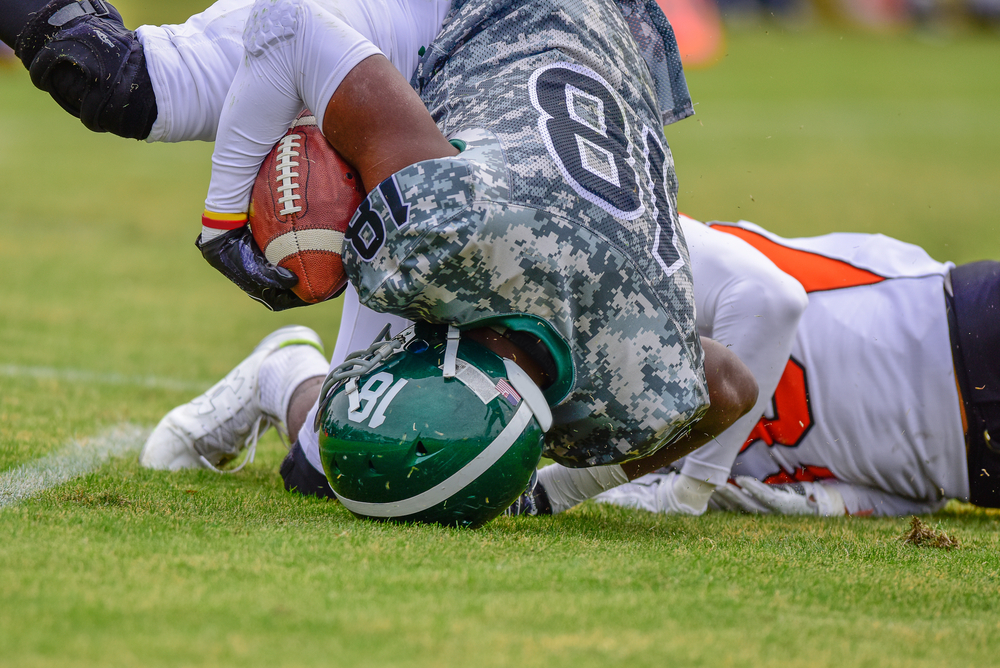Search
Find a Physician
Blog
Jun 28, 2018
Like most people, you probably think of concussion as that dramatic moment when heads smash into something: that intense sound of players’ helmets crashing into each other on the football field, the crack of the skier’s helmet against the tree trunk, the heavy and unexpected fall off the balance beam.
Direct impact is only part of the story, though. A concussion can result whenever the head is suddenly and forcefully shifted; an example of this is when a player is tackled, and the head jerks back. And that impact itself is only the beginning of the story. The brain, like the rest of the body, depends on energy to work. It gets its energy in the form of glucose. What a concussion does, essentially, is this: it disrupts the distribution and use of energy in the brain. Once those paths are impaired, they take time to recover and heal — a gradual, not an immediate, process.
Why is it important for you to know this, as a parent of an athlete, an athlete yourself, or just as you go about your day? For one, many things besides sports can result in a concussion — auto accidents and slips and falls come to mind. For another, what you know about concussion helps you understand its treatment and its necessary recovery time. And yet another: it’s possible to have a concussion and not even realize it.
That’s why you turn to the concussion experts at OINJ, who use a multidisciplinary approach to offer experienced evaluation and treatment of concussions, whatever their causes or symptoms. If it happened on the playing field, the athlete should not resume play until evaluated by a healthcare professional who is knowledgeable about both concussion presentation and symptoms and in the age group of the player. But no matter how the injury was received, it’s important to come in and have an evaluation made as soon as you suspect that a concussion may have occurred.
These symptoms may not be immediately evident….or they may appear and last for days or weeks.
